Description
- Faculty:
- Gabor Maté
- Duration:
- 1 Hour 28 Minutes
- Format:
- Audio and Video
- Copyright:
- Sep 09, 2014
- What happens chemically and physiologically in the brains of people with substance dependency or behavior addiction
- The false “blessings” of addiction as experienced by the addict (e.g., as emotional anesthetic, as personality booster, as social lubricant, and so on)
- How early childhood experiences shape the brain
- The social basis of addiction in economic, cultural and political dislocation and disempowerment
- How much choice does the addict really have, and how much responsibility
- How to encourage the addict to take responsibility
Gabor Maté – Dr. Gabor Maté on Addiction: From Heroin to Workaholism – A Biopsychosocial Perspective
Description
For twelve years Dr. Maté was the staff physician at a clinic for drug-addicted people in Vancouver’s Downtown Eastside, where he worked with patients challenged by hard-core drug addiction, mental illness and HIV, including at Vancouver Supervised Injection Site. This 90-minute recording draws on cutting-edge science to illuminate where and how addictions originate and what they have in common.
In his most recent bestselling book In The Realm of Hungry Ghosts, he shows that their addictions do not represent a discrete set of medical disorders; rather, they merely reflect the extreme end of a continuum of addiction, mostly hidden, that runs throughout our society.
Contrary to what is often claimed, the source of addictions is not to be found in genes, but in the early childhood environment where the neurobiology of the brain’s reward pathways develops and the where the emotional patterns that lead to addiction are wired into the unconscious. Stress, both then and later in life, creates the predisposition for addictions, whether to drugs, alcohol, nicotine, or to behavioral addictions such as shopping or sex.
Helping the addicted individual requires that we appreciate the function of the addiction in his or her life. More than a disease, the addiction is a response to a distressing life history and life situation. Once we recognize the roots of addiction and the lack it strives (in vain) to fill, we can develop a compassionate approach toward the addict, one that stands the best chance of restoring him or her to wholeness and health.
Handouts
| Manual (569.1 KB) | 20 Pages | Available after Purchase |
Outline
The source of addictions
The development of the addicted mind
Developing a therapeutic relationship in which healing occurs
The prevention of addiction, both in adolescence and earlier
Faculty

Gabor Maté, MD Related seminars and products: 11
Adjunct Professor in the Faculty of Criminology
Simon Fraser University
Gabor Maté MD, is a renowned speaker, and bestselling author. Dr. Gabor Maté is highly sought after for his expertise on a range of topics including addiction, stress and childhood development.
As an author, Dr. Maté has written several bestselling books including the award-winning In the Realm of Hungry Ghosts: Close Encounters with Addiction; When the Body Says No; The Cost of Hidden Stress; and Scattered Minds: A New Look at the Origins and Healing of Attention Deficit Disorder, and co-authored Hold on to Your Kids.
Dr. Maté is the co-founder of Compassion for Addiction, a new non-profit that focuses on addiction. He is also an advisor of Drugs over Dinner.
An adjunct professor in the Faculty of Simon Fraser University, Dr. Maté has received the Hubert Evans Prize for Literacy Non-Fiction; an Outstanding Alumnus Award from Simon Fraser University, and the 2012 Martin Luther King Humanitarian Award from Mothers Against Teen Violence.
Speaker Disclosures:
Financial: Dr. Gabor Maté is the co-founder of Compassion for Addiction. He is an author for Knopf/Random House; Penguin/Putnam; Knopf Canada; Wiley; and Random House and receives royalties. Dr. Maté receives a speaking honorarium from PESI, Inc.
Non-financial: Dr. Gabor Maté has no relevant non-financial relationship to disclose.
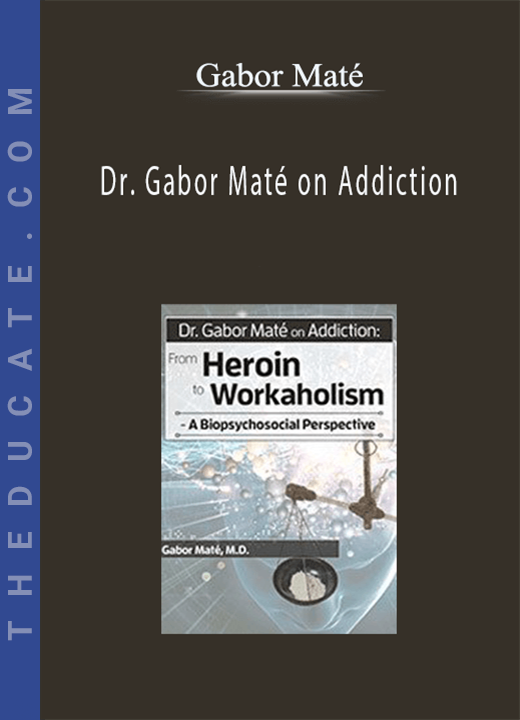
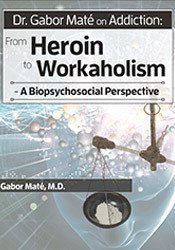

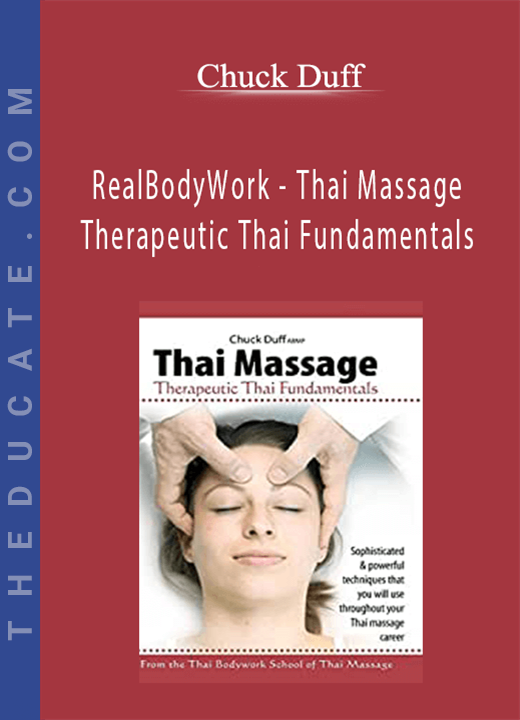

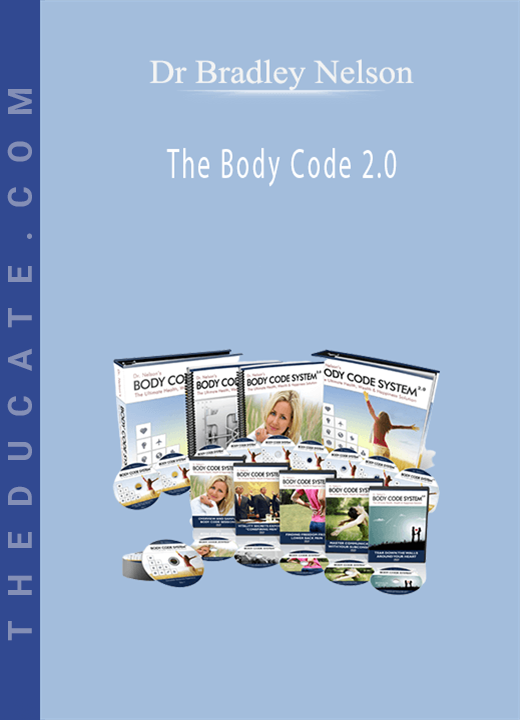
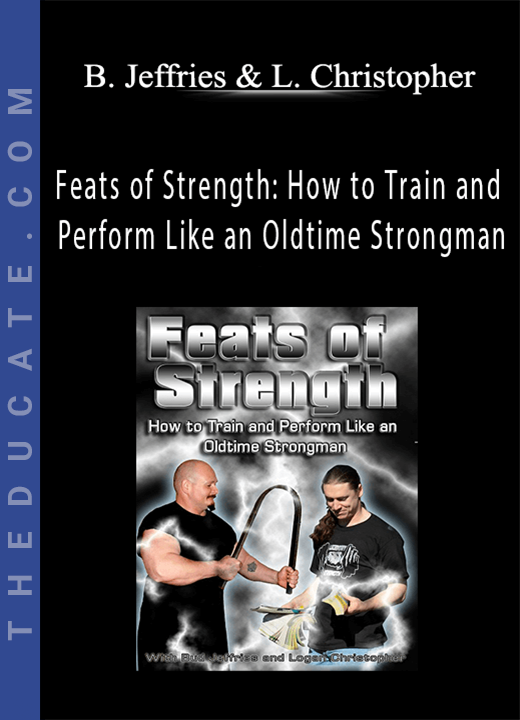
12 reviews for Gabor Maté – Dr. Gabor Maté on Addiction: From Heroin to Workaholism – A Biopsychosocial Perspective
There are no reviews yet.